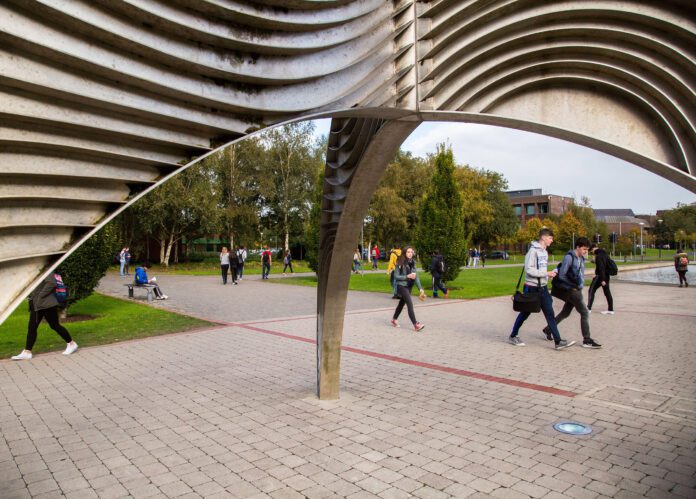
A STUDY involving researchers at University of Limerick (UL) has shown that messages and information delivered via WhatsApp can be effective for treating depression in older people.
The international research trial, the results of which were published in the Nature Medicine Journal, tested a low-cost mobile messaging scheme in socioeconomically deprived areas of Brazil.
The PRODIGITAL-D controlled trial, a collaboration between researchers from UL’s Health Research Institute, King’s College London, the University of São Paulo in Brazil, and the University of Bristol, involved the use of multimedia messages delivered using WhatsApp to improve depressive symptoms among adults aged 60 and older in Guarulhos, Brazil.
These messages were developed by mental health experts as a type of psychosocial intervention – one that uses talking instead of medication.
The randomised controlled trial involved 603 people with depression.
Out of the sample, 298 people received 48 messages over three months containing the intervention material. 305 were in the control group who only received one message.
Participants’ depressive symptoms were measured at the start and three months after the trial using a nine-item patient health questionnaire.
The results showed that 42.4 per cent of people who received the full intervention had recovered from depression compared to 32.3 per cent of those in the control group.
Professor Pepijn van de Ven from the UL’s Department of Electronic and Computer Engineering, who led the university’s involvement in the study, said that “therapists are expensive and are not readily available in Brazil, certainly not in the favelas where we did this study”.
“Because of this, the delivery method of the intervention, using a widely available messaging system, is really important as it means that you can provide this intervention very quickly to a lot of people for very little money.
“While the results of this trial are promising, the intervention should not be viewed as a replacement for traditional therapies administered by health professionals, but rather something that could be applied in a low-resource setting or in a setting where people are generally waiting long periods for treatment, as is also the case in Ireland.”


